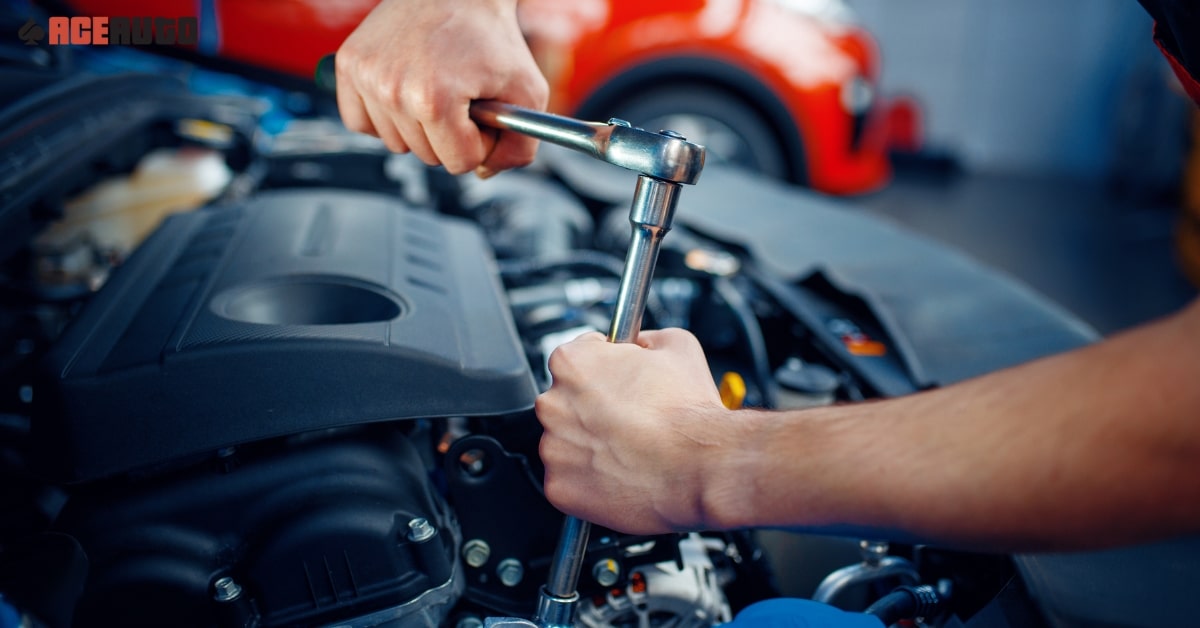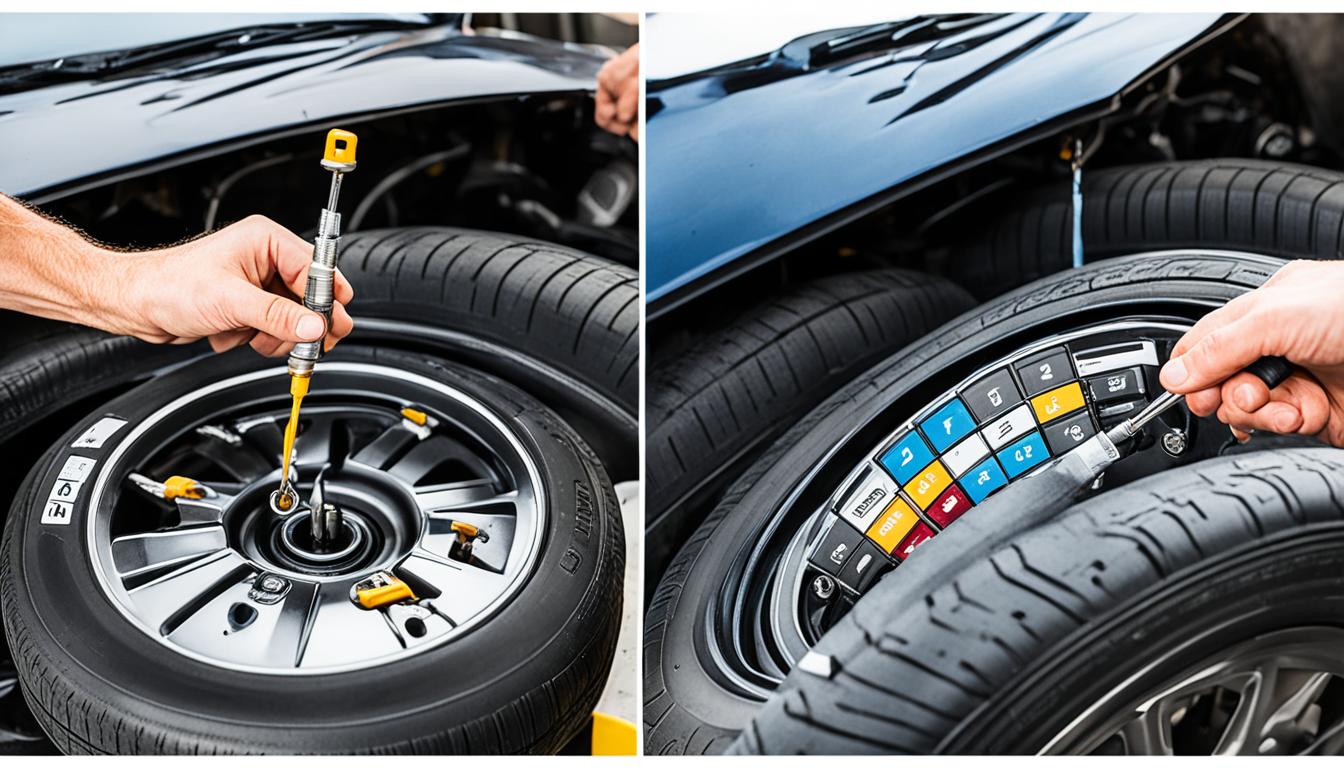All Categories
Featured
When your vehicle gets too hot, it can feel like a major emergency situation, however remaining tranquil and adhering to the appropriate steps can stop severe engine damages and aid obtain you back when traveling securely. In this message, we'll discover what to do if your auto overheats and provide preventative pointers to minimize the threat of overheating in the future.
What to Do If Your Auto Gets too hot. Draw Over to a Safe Place The initial and essential action if your car begins to get too hot is to pull over to a safe spot asap. Transform on your risk lights and assist your car to the shoulder or right into a car park. Maintaining your cars and truck running while it's overheated can create severe damages to the engine, so it's essential to close the engine off right away.
Allow the Engine Cool Off Once you have actually safely stopped, permit the engine to cool off. You must never attempt to open up the radiator cap while the engine is still warm, as the launch of vapor or hot coolant can cause burns. Wait at the very least 15-20 minutes to enable the engine temperature level to drop to a safer degree before proceeding.
![]()
Check the Coolant Level After the engine has actually cooled, examine the coolant degrees by inspecting the tank or radiator. Top it off with a mixture of coolant and water (as defined by your vehicle's supplier) if it's low. Constantly make use of caution when opening up the coolant reservoir, as pressure might have built up.
Search For Visible Leakages While you wait for the engine to cool down, visually examine the radiator, pipes, and coolant reservoir for any type of visible leaks or cracks. A leaking radiator or hose pipe is a typical root cause of overheating. If you find a substantial leakage, it's much better to call a tow service than threat driving further and creating extra damages.
Restart the Engine After enabling the engine to cool down and making certain the coolant is complemented, begin the engine and keep track of the temperature scale. If the temperature level proceeds to climb quickly, it's best to shut the engine off and ask for roadside support or a tow to the nearest auto mechanic.
![]()
Exactly How to avoid Overheating in the Future. Frequently Examine Coolant Degrees One of the easiest ways to stop getting too hot is by maintaining the right level of coolant. In time, coolant can vaporize, so on a regular basis examine the coolant levels in the tank. Low coolant levels can trigger the engine to get too hot rapidly, so top it off as needed.
Examine the Radiator The radiator plays an important duty in keeping the engine cool. Occasionally examine the radiator for any kind of clogs, dust, or particles that could obstruct air flow. If you see any type of indications of damages, such as rust or leakages, have it fixed or changed asap.
Change the Thermostat and Water Pump A malfunctioning thermostat or water pump is a common cause of overheating. The thermostat manages the circulation of coolant, while the water pump flows it through the engine. If either component is malfunctioning, it can protect against appropriate cooling. When necessary., have your mechanic evaluate these parts consistently and replace them.
Flush the Cooling System With time, coolant can degrade and become inefficient, causing a buildup of particles in the system. Purging the air conditioning system every 30,000 miles, or as recommended in your car's guidebook, aids to eliminate any sludge or accumulation and guarantees the cooling system is operating appropriately.
Screen the Problem of the Tubes The pipes in your lorry's air conditioning system can wear out or crack over time. Check the tubes for any indicators of wear, such as protruding, splits, or leaks, and change them if needed. Preventing coolant leakages can go a long way in staying clear of getting too hot.
![]()
Drive Responsibly Hostile driving, such as increasing rapidly or driving at broadband, places added strain on your engine and its cooling system. Attempt to drive at modest speeds, specifically on warm days or when driving on high slopes, to lower the opportunities of overheating.
Stay Clear Of Overloading Your Automobile Carrying excessive weight in your vehicle places anxiety on the engine and cooling system. Always be mindful of your automobile's weight limitation, specifically if you're transporting hefty lots, lugging a trailer, or driving cross countries in heat.
Verdict. A getting too hot vehicle can be a frightening experience, but knowing just how to react and prevent it can conserve you time, money, and prospective engine damages. Always inspect your coolant degrees, examine vital parts like the radiator, thermostat, and tubes, and comply with a regular maintenance timetable. By staying on top of your lorry's cooling system, you can reduce the risk of getting too hot and take pleasure in a smoother, more secure driving experience.
What to Do If Your Auto Gets too hot. Draw Over to a Safe Place The initial and essential action if your car begins to get too hot is to pull over to a safe spot asap. Transform on your risk lights and assist your car to the shoulder or right into a car park. Maintaining your cars and truck running while it's overheated can create severe damages to the engine, so it's essential to close the engine off right away.
Allow the Engine Cool Off Once you have actually safely stopped, permit the engine to cool off. You must never attempt to open up the radiator cap while the engine is still warm, as the launch of vapor or hot coolant can cause burns. Wait at the very least 15-20 minutes to enable the engine temperature level to drop to a safer degree before proceeding.

Check the Coolant Level After the engine has actually cooled, examine the coolant degrees by inspecting the tank or radiator. Top it off with a mixture of coolant and water (as defined by your vehicle's supplier) if it's low. Constantly make use of caution when opening up the coolant reservoir, as pressure might have built up.
Search For Visible Leakages While you wait for the engine to cool down, visually examine the radiator, pipes, and coolant reservoir for any type of visible leaks or cracks. A leaking radiator or hose pipe is a typical root cause of overheating. If you find a substantial leakage, it's much better to call a tow service than threat driving further and creating extra damages.
Restart the Engine After enabling the engine to cool down and making certain the coolant is complemented, begin the engine and keep track of the temperature scale. If the temperature level proceeds to climb quickly, it's best to shut the engine off and ask for roadside support or a tow to the nearest auto mechanic.

Exactly How to avoid Overheating in the Future. Frequently Examine Coolant Degrees One of the easiest ways to stop getting too hot is by maintaining the right level of coolant. In time, coolant can vaporize, so on a regular basis examine the coolant levels in the tank. Low coolant levels can trigger the engine to get too hot rapidly, so top it off as needed.
Examine the Radiator The radiator plays an important duty in keeping the engine cool. Occasionally examine the radiator for any kind of clogs, dust, or particles that could obstruct air flow. If you see any type of indications of damages, such as rust or leakages, have it fixed or changed asap.
Change the Thermostat and Water Pump A malfunctioning thermostat or water pump is a common cause of overheating. The thermostat manages the circulation of coolant, while the water pump flows it through the engine. If either component is malfunctioning, it can protect against appropriate cooling. When necessary., have your mechanic evaluate these parts consistently and replace them.
Flush the Cooling System With time, coolant can degrade and become inefficient, causing a buildup of particles in the system. Purging the air conditioning system every 30,000 miles, or as recommended in your car's guidebook, aids to eliminate any sludge or accumulation and guarantees the cooling system is operating appropriately.
Screen the Problem of the Tubes The pipes in your lorry's air conditioning system can wear out or crack over time. Check the tubes for any indicators of wear, such as protruding, splits, or leaks, and change them if needed. Preventing coolant leakages can go a long way in staying clear of getting too hot.

Drive Responsibly Hostile driving, such as increasing rapidly or driving at broadband, places added strain on your engine and its cooling system. Attempt to drive at modest speeds, specifically on warm days or when driving on high slopes, to lower the opportunities of overheating.
Stay Clear Of Overloading Your Automobile Carrying excessive weight in your vehicle places anxiety on the engine and cooling system. Always be mindful of your automobile's weight limitation, specifically if you're transporting hefty lots, lugging a trailer, or driving cross countries in heat.
Verdict. A getting too hot vehicle can be a frightening experience, but knowing just how to react and prevent it can conserve you time, money, and prospective engine damages. Always inspect your coolant degrees, examine vital parts like the radiator, thermostat, and tubes, and comply with a regular maintenance timetable. By staying on top of your lorry's cooling system, you can reduce the risk of getting too hot and take pleasure in a smoother, more secure driving experience.
Latest Posts
Transform Your Home with Sturdy Hardwood Flooring from Carpet Interiors Floor & Home
Published Apr 19, 25
1 min read
A Waterside Oyster Experience
Published Apr 19, 25
1 min read
Full Circle Strategic Marketing - Skyrocket Sales with Performance-Based Marketing
Published Apr 19, 25
2 min read
More
Latest Posts
Transform Your Home with Sturdy Hardwood Flooring from Carpet Interiors Floor & Home
Published Apr 19, 25
1 min read
A Waterside Oyster Experience
Published Apr 19, 25
1 min read
Full Circle Strategic Marketing - Skyrocket Sales with Performance-Based Marketing
Published Apr 19, 25
2 min read